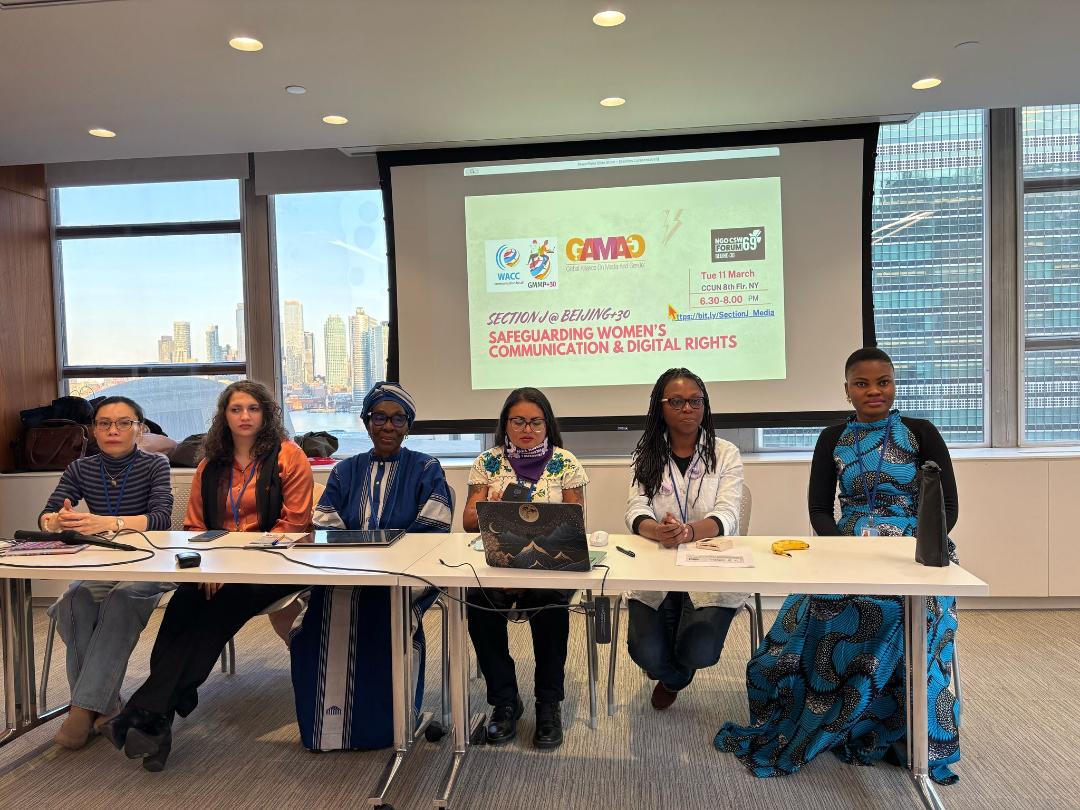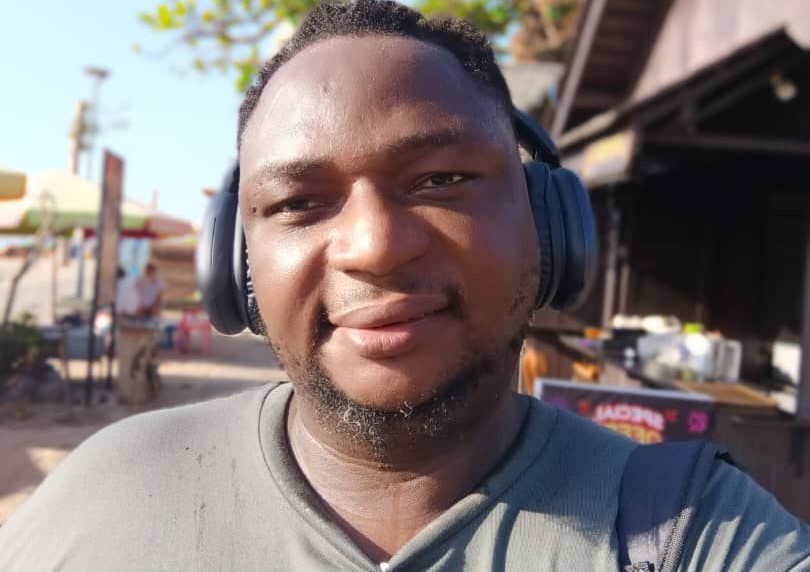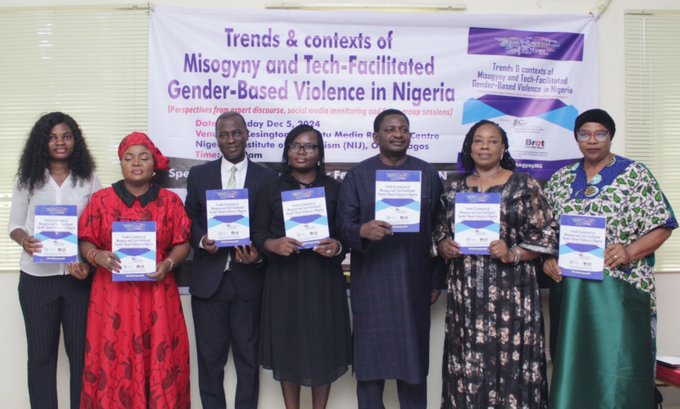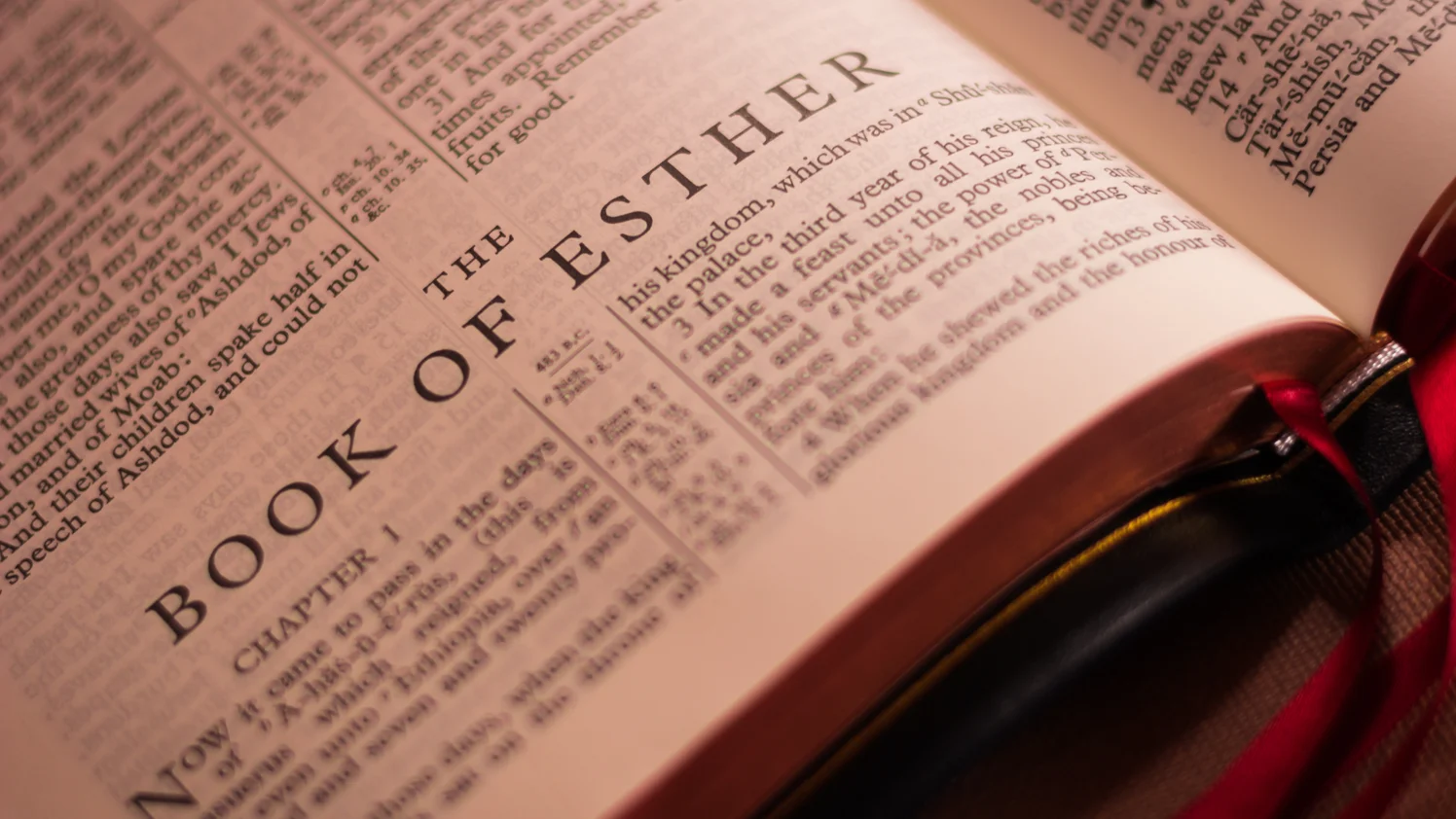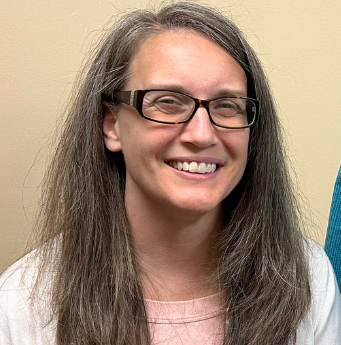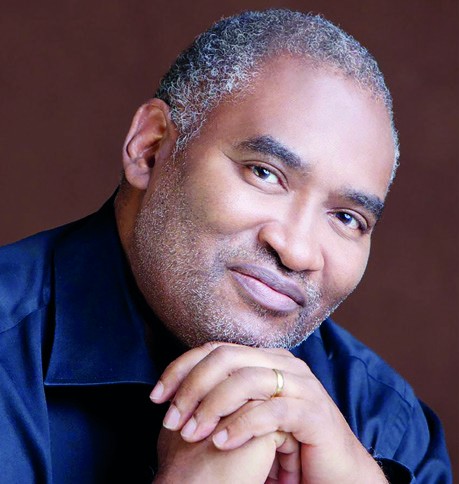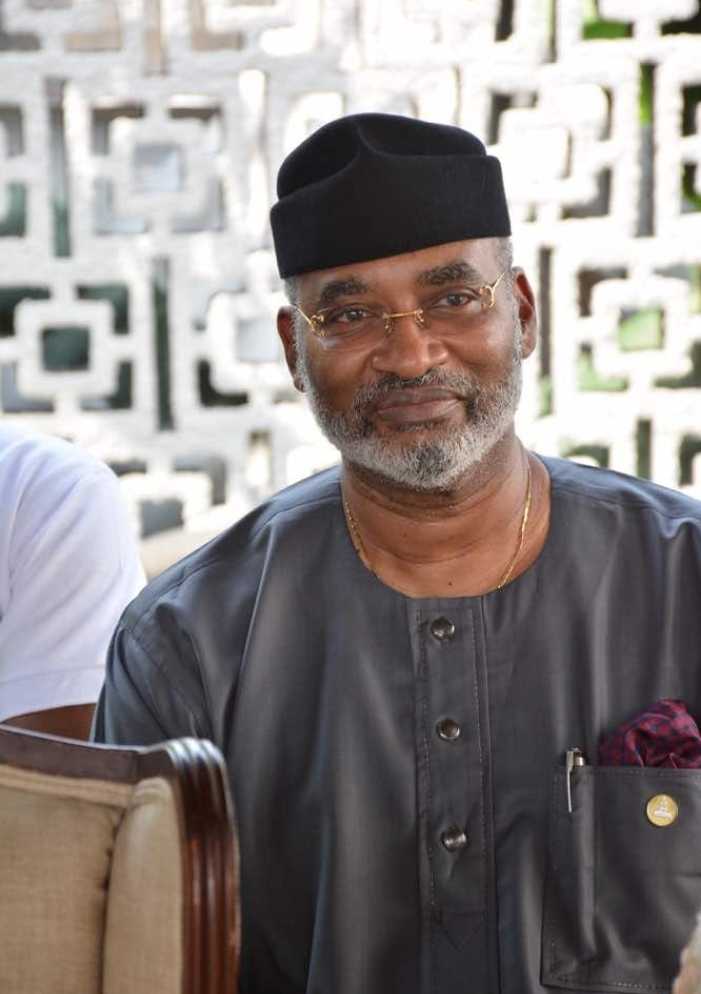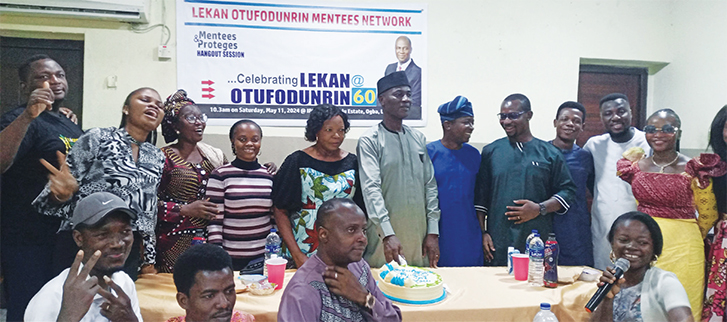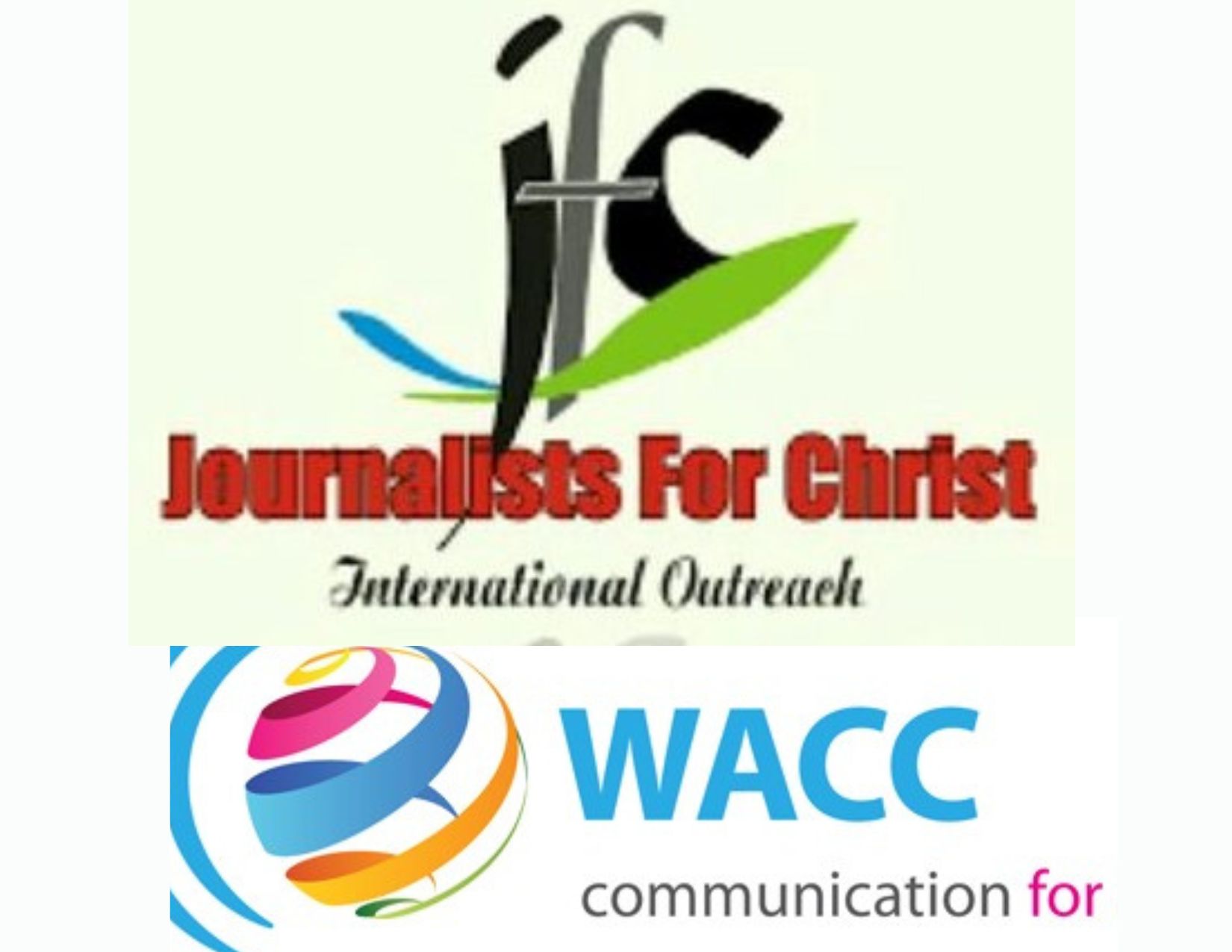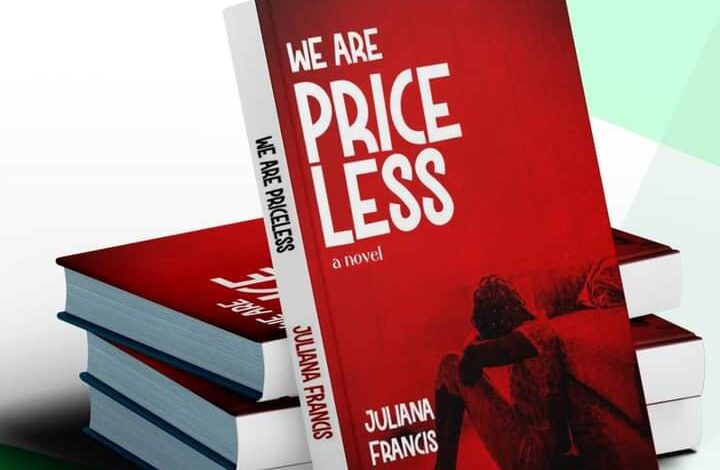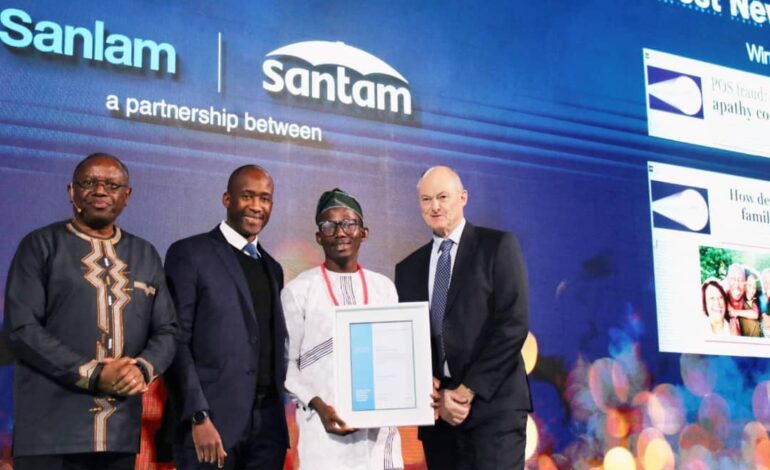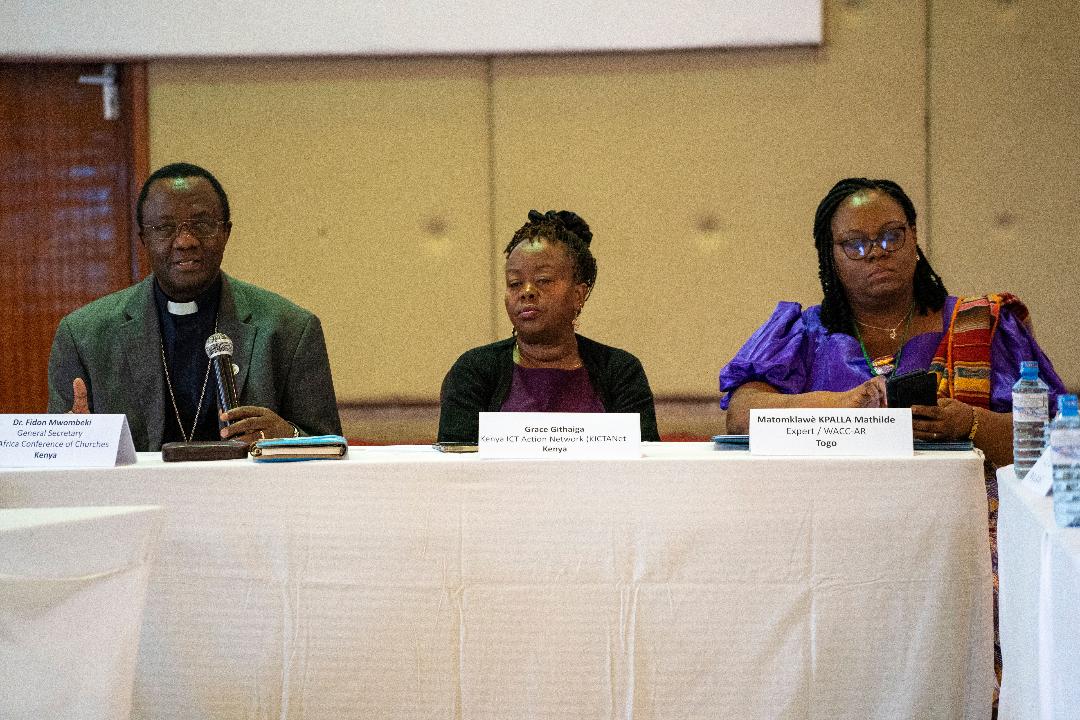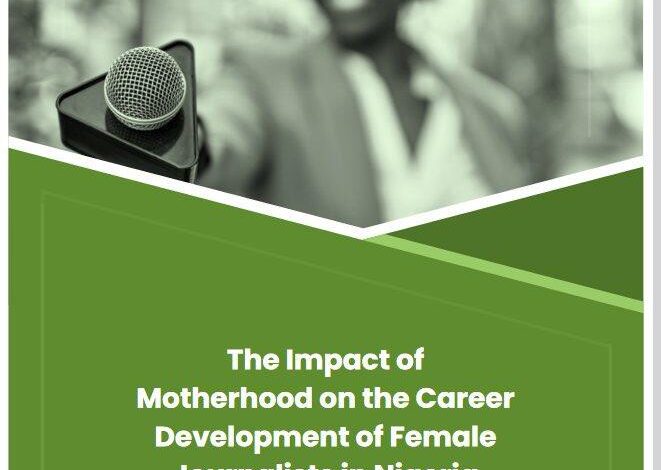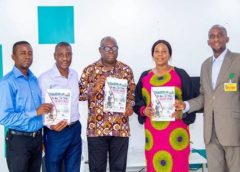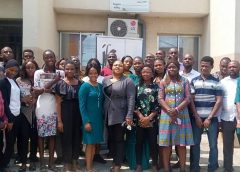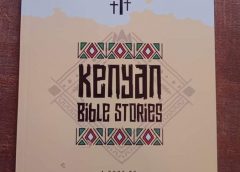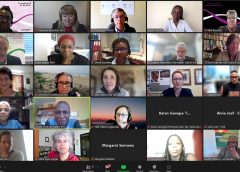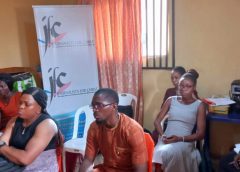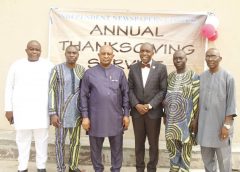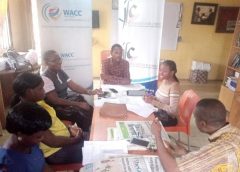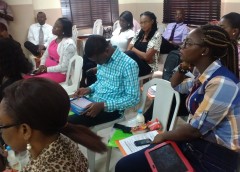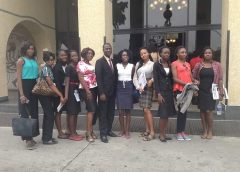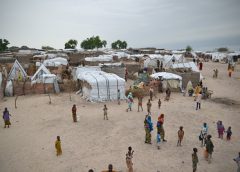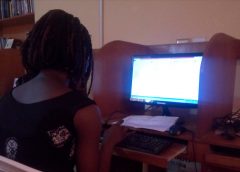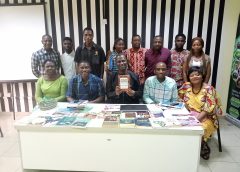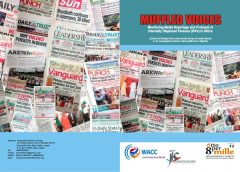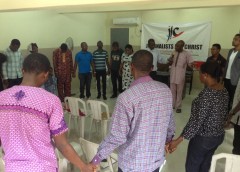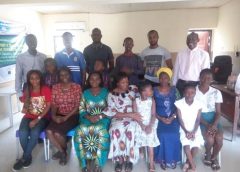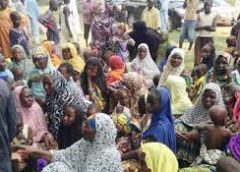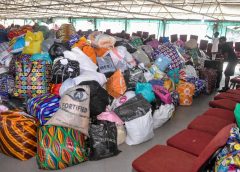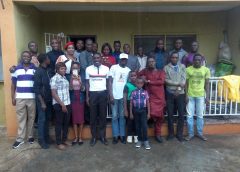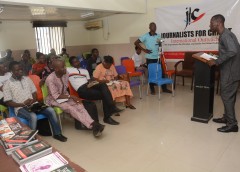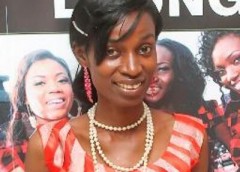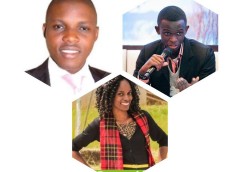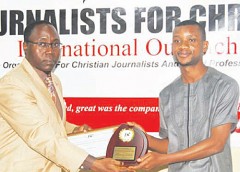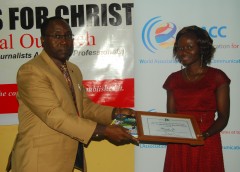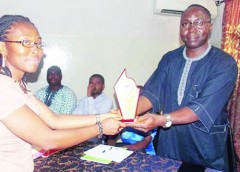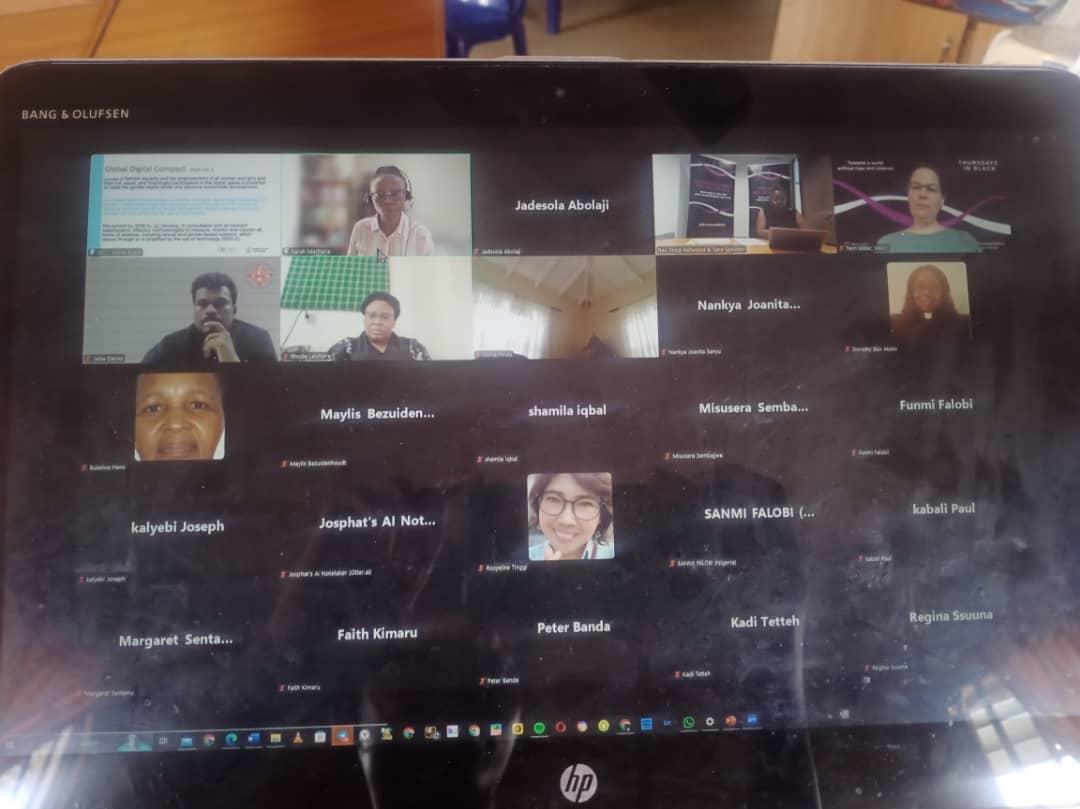
Christiana Gabriel writes on the launch of a new toolkit to combat online gender-based violence.
Individuals and groups worldwide have been invited to join the movement to ensure gender justice for women and girls online.
The World Association of Christian Communication (WACC) and The World Council Churches (WCC) made the call on Friday at the virtual launch of Taking Action Against Tech-Facilitated Gender-Based Violence, (TFGBV), a new toolkit for trainers and advocates.
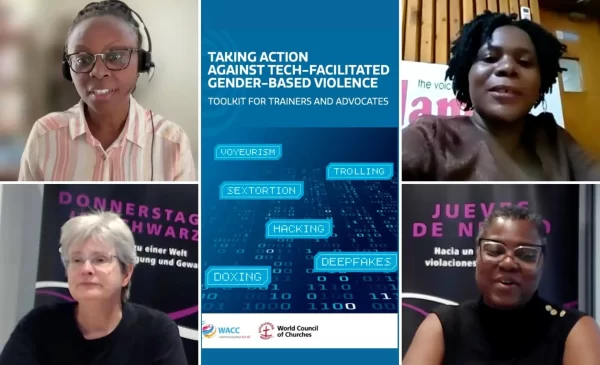
WACC Programme Manager for Gender and Communication, Dr Sarah Macharia, in her presentation, noted how the advent of technology has not only facilitated online gender-based violence but has also aided misogyny.
“Though it is beneficial and valuable, digitalisation has in no small way paved a pattern for gender-based violence where the people targeted mostly are women,” she said.
The women targeted women include young ladies, women living with disabilities, women in the public eye; celebrities, pop stars, politicians and even journalists, while the variants of TFGBV include hacking, voyeurism, sextortion, trolling, deepfakes, doxing and stalking.
According to WACC Deputy General Secretary, Sara Speicher, technology-enhanced challenges must be combated globally with measures such as raising data-driven awareness through education, policy frameworks and the production of content that will communicate the dangers to people.
She further emphasized the need to take practical action through social media monitoring by getting the evidence which can be used in educating people as well as creating advocacies on both local and global networks.
WCC Program Executive for a Just Community of Women and Men, Nicole Ashwood, who noted that TFGBV is becoming increasingly prevalent, said “We are all at risk” adding that TFGBV is no respecter of race, class or nationality, and it has consequences.
Participants gained practical insights into how this good data collection works and how social media monitoring can build gender-focussed digital literacy through a presentation by
Joan Sanyu Nankya of Uganda Media Women’s Association, a WACC partner organisation, shared the experience of a project to promote responsible coverage of women and girls in Uganda news media on the social platform X, formerly Twitter.
UMWA monitored the X accounts of 40 women journalists, politicians, and civil society activists as well as those of media houses for misogynistic comments and posts about the women.
“Tweets contained sexist stereotypes, objectification, body shaming, harassment, threats of violence, and remarks intending to dominate, discredit, and belittle the women. Women media professionals were targeted the most.
“Male users were three times more likely to post misogynistic content than female users, Nankya reported. Shocking was the high number of misogynistic posts by Galaxy FM, a widely followed media outlet popular with young people,” waccglobal.com reports
Sanya promised that through UWMA, there will be continuous empowerment for women as well as the creation of avenues in media houses to raise awareness and advocate for Misogyny.
Speicher promised that there would be more training for interested persons and organizations willing to take advantage of this project to be enlightened enough to train others in their countries and regions.
